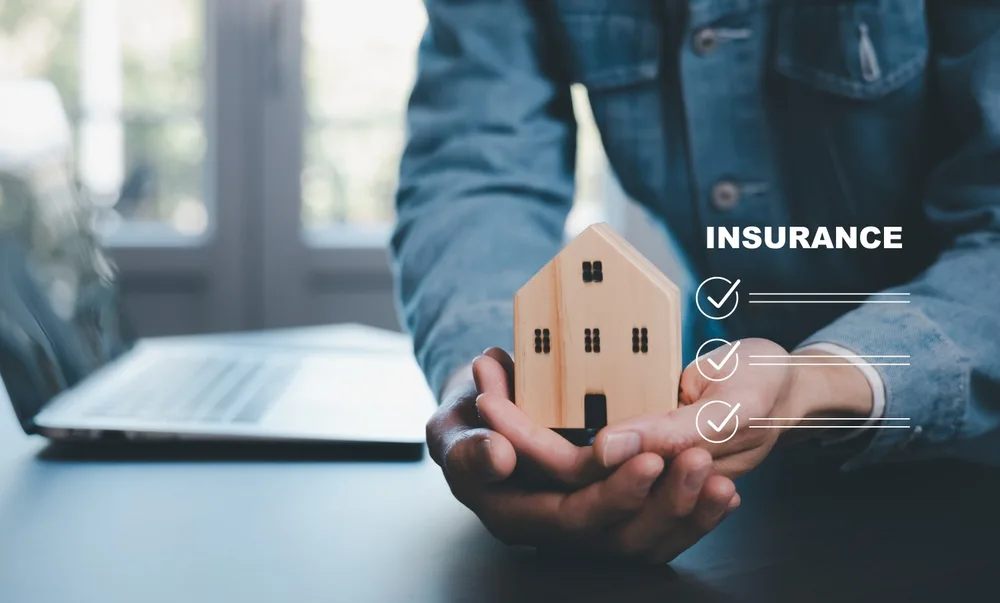
Turning your home into a short-term rental can be an exciting way to earn extra cash, but before you start welcoming guests, you need to make sure you’re properly insured. Many homeowners assume their regular home insurance policy will cover anything that happens, but that’s not always the case.
Renting out your property—whether it’s a whole house, an apartment, or just a spare room—comes with risks that your standard policy may not fully cover. The good news? With the right insurance, you can protect yourself, your property, and your income while sharing your space with travelers.
What Your Home Insurance May (or May Not) Cover
Most standard homeowners insurance policies are designed to cover owner-occupied homes, protecting against risks like fire, theft, and certain types of damage. However, once you start renting out your property—even just occasionally—your insurance company may see it as a business activity. That means your standard policy may no longer cover certain claims related to rental guests.
Here are a few things your homeowners insurance might not cover once you start hosting:
- Damage caused by paying guests, such as fires, floods, or broken appliances
- Liability claims if a guest is injured on your property
- Theft or vandalism caused by renters
- Loss of rental income if your property becomes unlivable due to a covered event
Some insurers may allow short-term rentals under specific conditions, but others might require you to purchase an endorsement (extra coverage) or switch to a commercial policy. Before listing your space, contact your insurance provider to find out what’s covered and what’s not.
Additional Insurance Coverage You May Need
Since standard homeowners insurance often falls short, you may need extra protection to fully cover your short-term rental. One option is home-sharing insurance, which is designed for homeowners who rent out their space occasionally. It fills in the gaps left by traditional homeowners policies.
Another option is a landlord or commercial rental policy, which is usually required for properties rented out more frequently. This type of insurance covers things like property damage, lost rental income due to covered events, and even liability if a guest gets injured on your property.
Some policies also offer personal property coverage, which helps replace items like furniture, appliances, or décor that might get damaged by guests. Investing in the right coverage can give you peace of mind and protect your rental income.
What Airbnb’s Insurance Covers (and What It Doesn’t)
Airbnb offers some protection through its AirCover for Hosts program, which includes:
- Host Liability Insurance provides up to $1 million in coverage if a guest gets hurt on your property or if they damage a neighbor’s property. For example, if a guest trips on your front steps and sues you, this insurance may help cover legal costs.
- Host Damage Protection also provides up to $3 million to cover damages caused by guests, including broken furniture or stained carpets.
However, Airbnb’s coverage has limitations. It doesn’t cover things like normal wear and tear, intentional damage, or lost rental income. Plus, since it’s provided by Airbnb, it only applies to bookings made through the platform. If you list your rental on multiple sites (like VRBO or Booking.com), those stays might not be covered. That’s why having your own insurance policy is so important.
Protecting Your Rental and Your Peace of Mind
Listing your home on Airbnb can be a great way to earn extra income, but it’s essential to make sure you’re protected before you start hosting. Standard home insurance might not cover rental-related claims, and while Airbnb does offer some coverage, it’s not a substitute for having your own policy.
Taking the time to review your current insurance, talk to your provider, and invest in the right coverage can save you from expensive surprises down the road. With the right protection in place, you can enjoy the benefits of short-term renting while keeping your home—and your wallet—safe.



